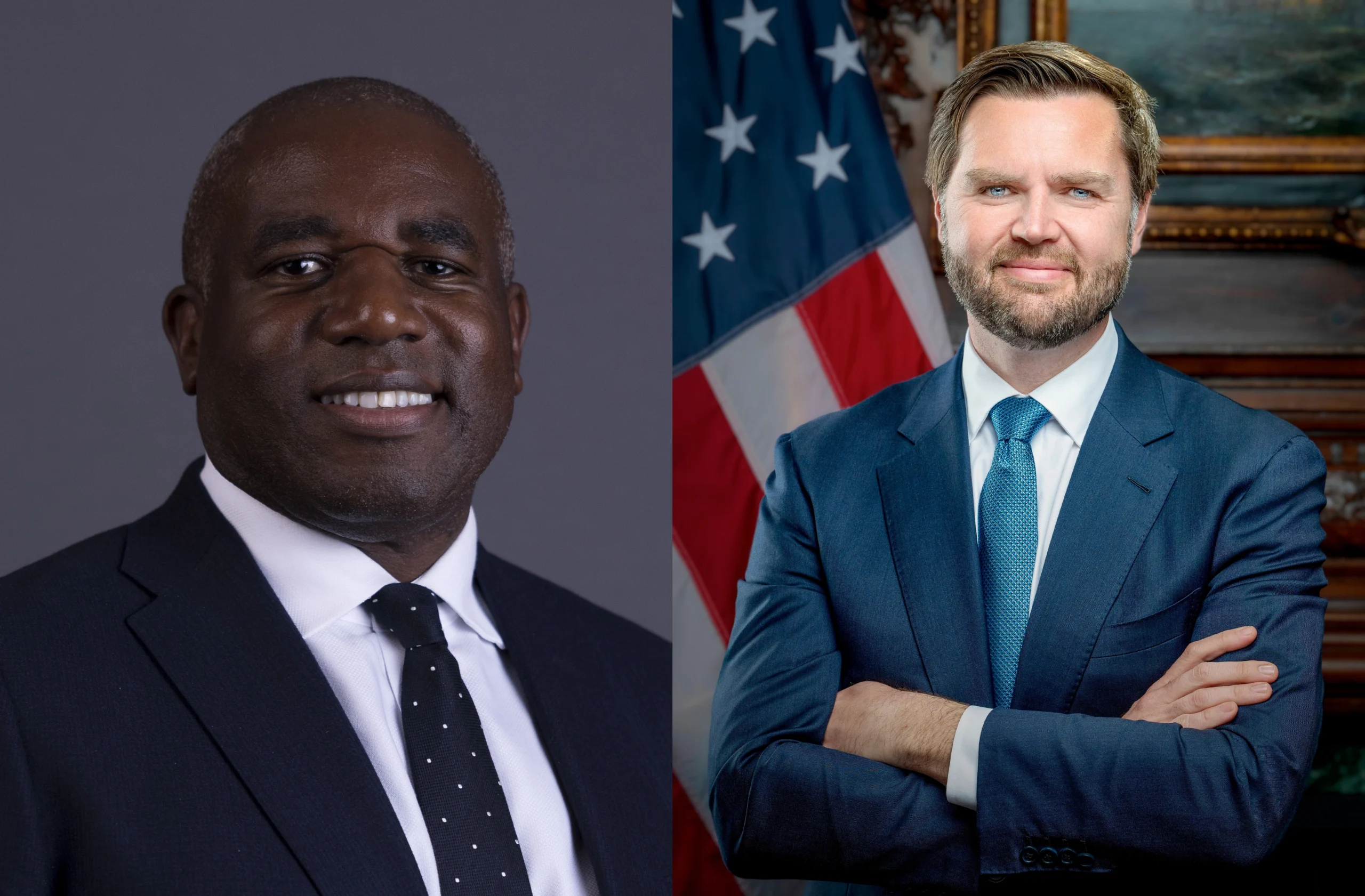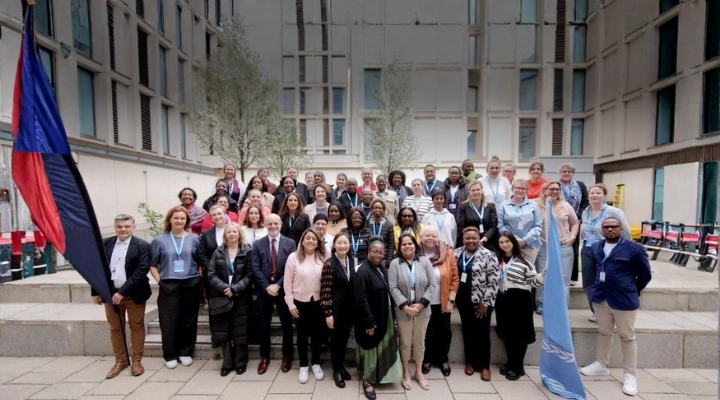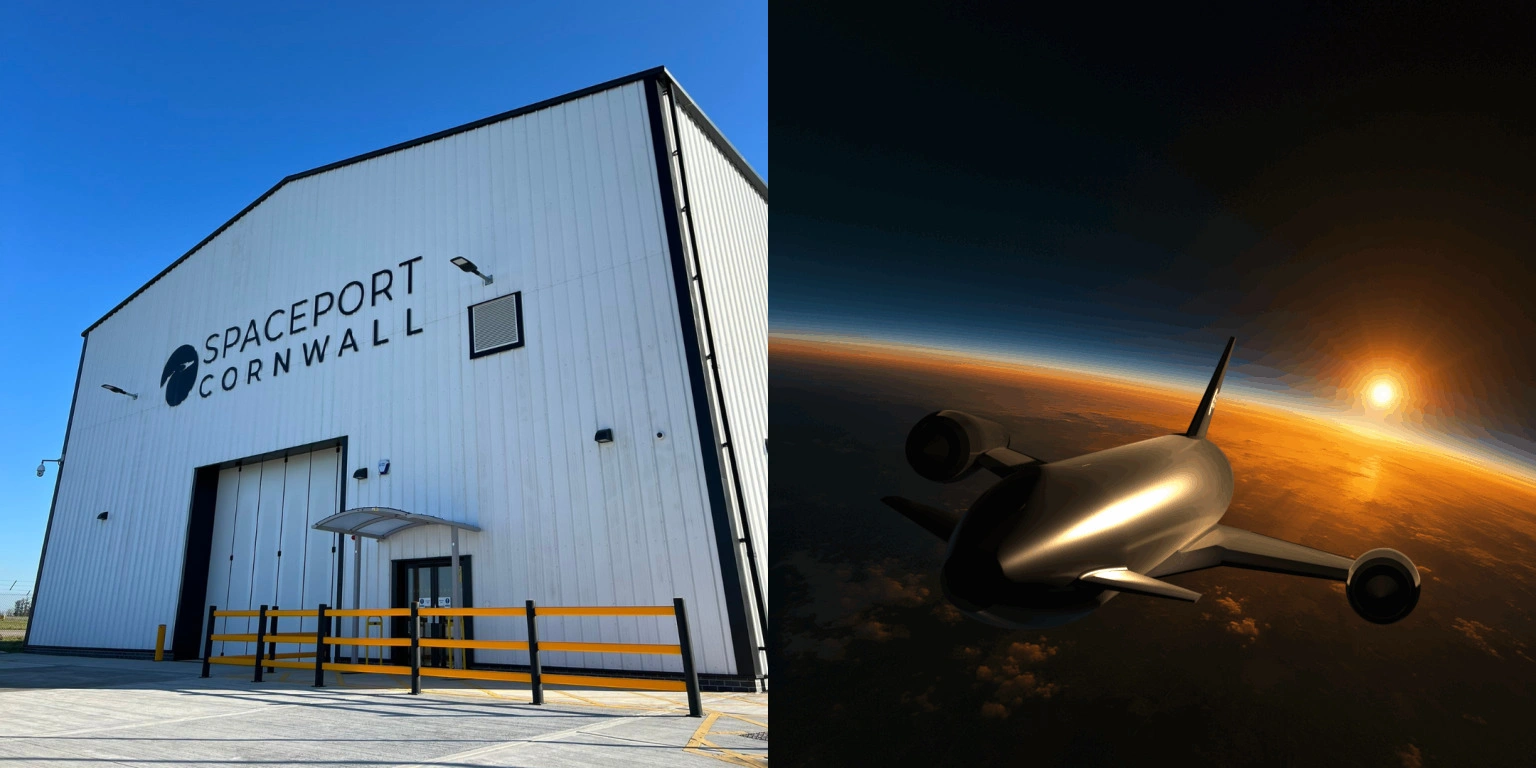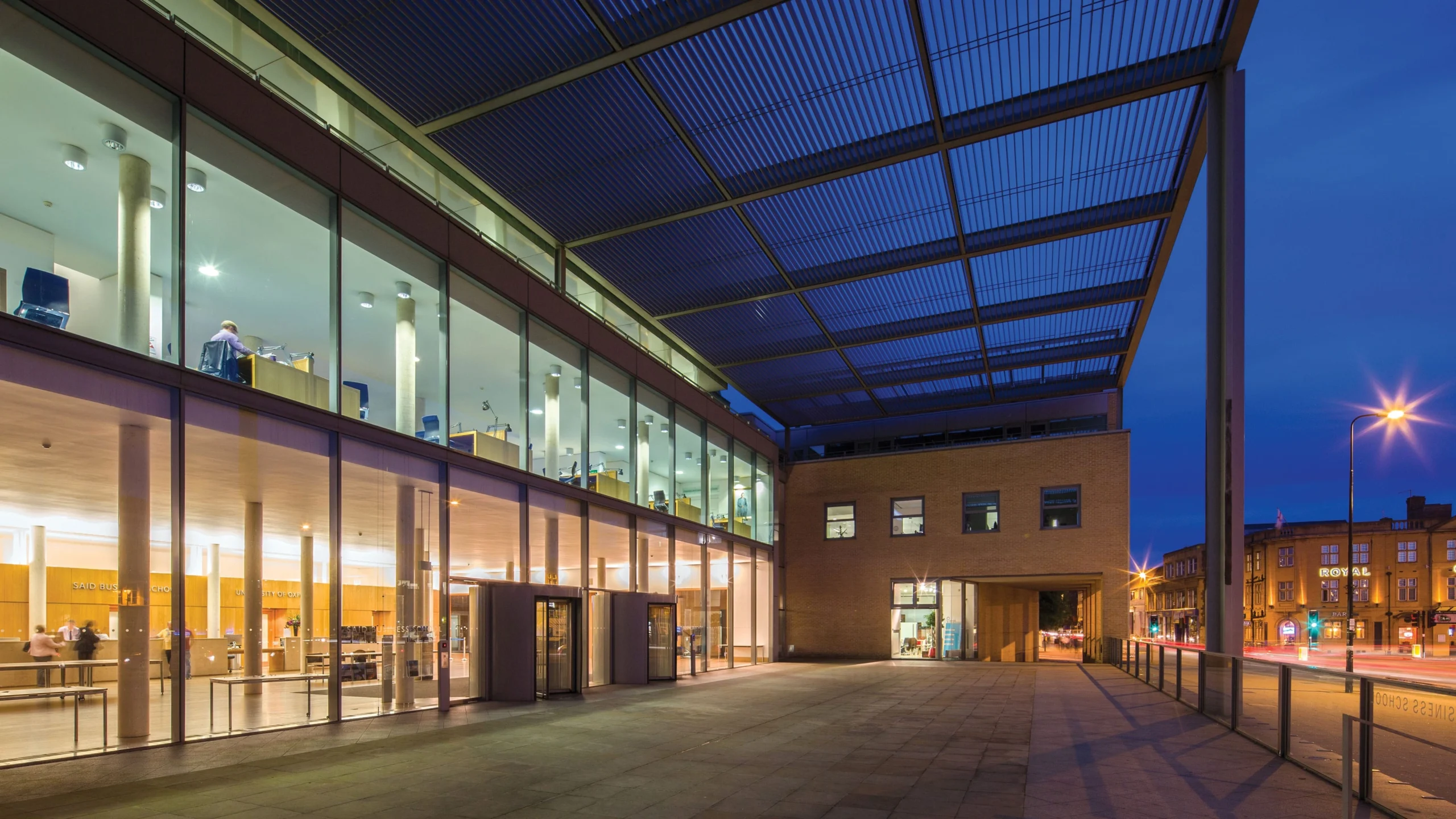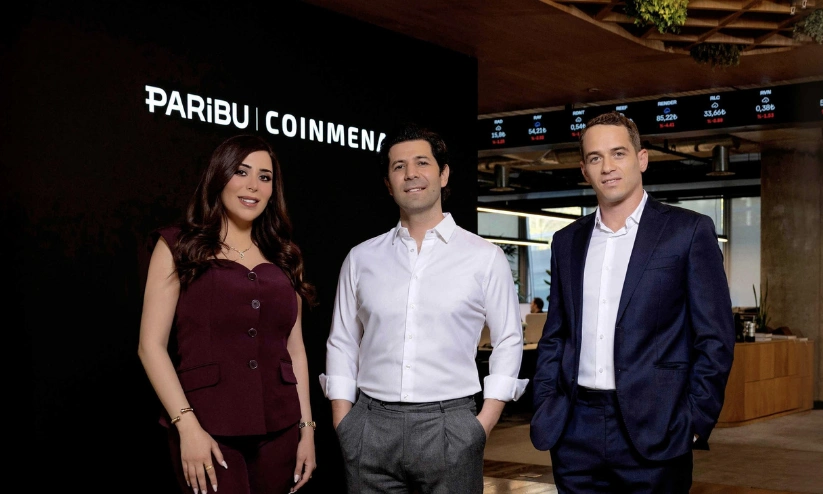Late Star Trek creator’s family donates $1M to heart disease research

John E. Kaye
- Published
- News, Technology, Uncategorized
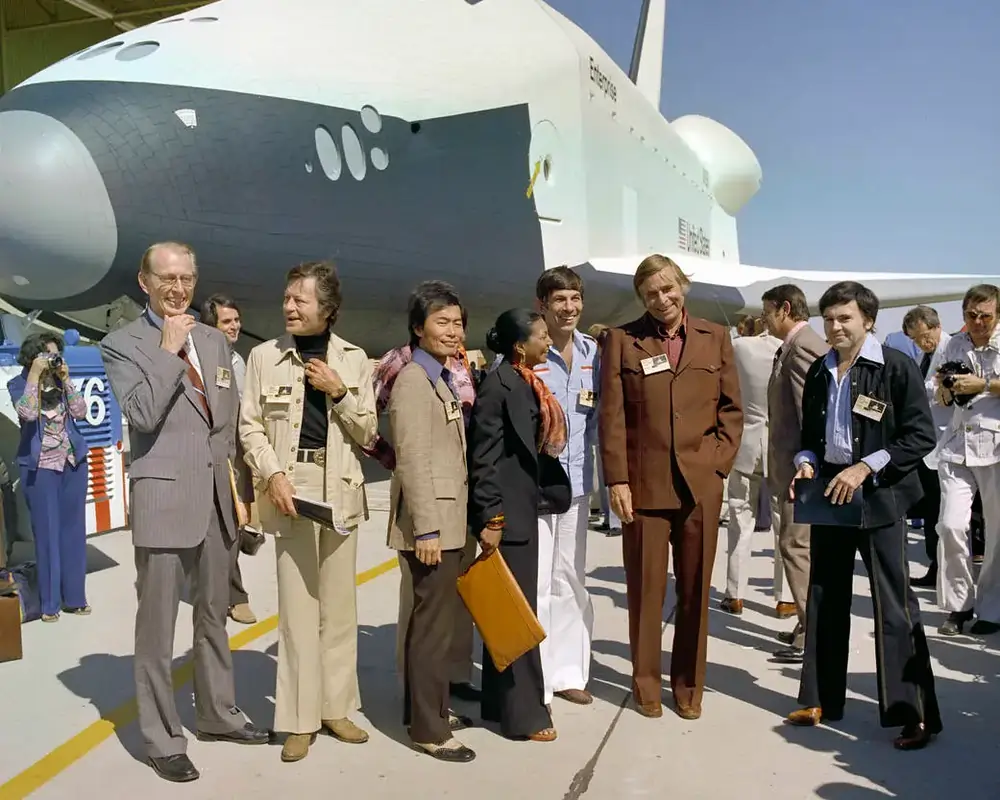
Star Trek creator Gene Roddenberry’s family has donated $1million to cardiovascular research in the hope that more people really will live long and prosper
The cash is funding the development of a tricorder-like scanner – used by Dr McCoy in the TV series – that can detect heart disease with “unprecedented accuracy”.
U.S tech firm iCardio.ai was awarded the money by The Roddenberry Foundation as part of its million-dollar prize fund for start-ups that “use AI to improve the world”.

The Foundation was established in Gene’s honour after he died of cardiac arrest in 1991.
iCardio plans to use the winnings to scale-up its echocardiography technology and treat more people in rural and deprived areas.
Gene’s son Rod said his father’s dream to eradicate heart disease had taken a step closer to reality.
He said: “iCardio.ai’s groundbreaking technology has the potential to save millions of lives, making it a well-deserved recipient of the Roddenberry Prize.
“We’re inspired by Star Trek to boldly go towards a future where today’s diseases are easily detectable and preventable, and it’s an honour to continue my father’s legacy by supporting medical advancements that will make this future a reality.”
The biennial Roddenberry Prize is open to early-stage ventures — including nonprofits and for-profits — across the globe that create “positive, lasting change”.
Its latest competition, launched in 2024, focused on using AI and machine learning. Entrants needed to demonstrate that “AI can benefit society towards a more equitable, sustainable, and inclusive world”.
The prize is administered by The Roddenberry Foundation, which was founded after Gene’s death and now supports “extraordinary people who can change the world”.
This year’s winner, iCardio.ai, scooped $1million thanks to its cutting-edge ultrasounds that use AI to improve the speed and accuracy of cardiovascular diagnosis.
According to the Foundation, iCardio’s technology is similar to the fictional ‘tricorder’ handheld device seen across the Star Trek franchise.
In the TV series, a tricorder detects injuries, vital signs, and “dangerous organisms” by scanning patients’ bodies.
It was used by Dr ‘Bones’ McCoy to diagnose medical conditions, often when he was beamed down to a new planet.
Joseph Sokol, co-founder and CEO of LA-based iCardio.ai, said: “We are honoured to receive the Roddenberry Prize.
“This award will enable us to scale our technology to reach more people, particularly those in regions where cardiovascular care is lacking.
“Our goal is to empower clinicians with knowledge about their patient and, ultimately, drive higher quality care in patients suffering from cardiovascular disease.”
Biotech start-up Noetik also received a $250,000 grant from this year’s Roddenberry Prize to accelerate its work in cancer immunotherapy.
The original Star Trek series premiered in September 1966 and has spawned over 700 TV episodes, 14 movies and comic books, and countless animated series and homages.
Its creator, Gene, a former World War II bomber pilot, is known as the godfather of science fiction whose work inspired countless other franchises including Star Wars.
He introduced the concept and the power of AI to the public long before it gained mainstream popularity, through storylines and characters including interactive computers and medical holograms capable of autonomously treating patients.
Gene later became the first TV writer with a star on the Hollywood Walk of Fame, while his legacy also includes having both a crater on Mars and an asteroid named in his honour.
In 1976, NASA invited Gene and the Star Trek crew to the rollout of the Enterprise space shuttle at the Dryden Flight Research Center.
Years after his death, he was one of the first humans to have his ashes carried into earth orbit.
Main image: Courtesy, NASA
In this image, the then Dryden Flight Research Center (now Armstrong) hosted the Star Trek crew in 1976 for the rollout of space shuttle Enterprise. In front, from left: NASA Administrator James Fletcher, and the show’s stars DeForest Kelley, George Takei, Nichelle Nichols, Leonard Nimoy, show creator Gene Roddenberry, and Walter Koenig.
Sign up to The European Newsletter
RECENT ARTICLES
-
 Read it here: Asset Management Matters — new supplement out now
Read it here: Asset Management Matters — new supplement out now -
 Breakthroughs that change how we understand health, biology and risk: the new Science Matters supplement is out now
Breakthroughs that change how we understand health, biology and risk: the new Science Matters supplement is out now -
 The new Residence & Citizenship Planning supplement: out now
The new Residence & Citizenship Planning supplement: out now -
 Prague named Europe’s top student city in new comparative study
Prague named Europe’s top student city in new comparative study -
 BGG expands production footprint and backs microalgae as social media drives unprecedented boom in natural wellness
BGG expands production footprint and backs microalgae as social media drives unprecedented boom in natural wellness -
 The European Winter 2026 edition - out now
The European Winter 2026 edition - out now -
 Parliament invites cyber experts to give evidence on new UK cyber security bill
Parliament invites cyber experts to give evidence on new UK cyber security bill -
 EU sustainability rules drive digital compliance push in Uzbekistan ahead of export change
EU sustainability rules drive digital compliance push in Uzbekistan ahead of export change -
 AI boom triggers new wave of data-centre investment across Europe
AI boom triggers new wave of data-centre investment across Europe -
 Lammy travels to Washington as UK joins America’s 250th anniversary programme
Lammy travels to Washington as UK joins America’s 250th anniversary programme -
 China’s BYD overtakes Tesla as world’s largest electric car seller
China’s BYD overtakes Tesla as world’s largest electric car seller -
 FTSE 100 posts strongest annual gain since 2009 as London market faces IPO test
FTSE 100 posts strongest annual gain since 2009 as London market faces IPO test -
 Five of the biggest New Year’s Eve fireworks happening tonight — and where to watch them
Five of the biggest New Year’s Eve fireworks happening tonight — and where to watch them -
 UK education group signs agreement to operate UN training centre network hub
UK education group signs agreement to operate UN training centre network hub -
 Cornwall project to open new UK test airspace for drones and autonomous aircraft
Cornwall project to open new UK test airspace for drones and autonomous aircraft -
 Birding tourism market set for rapid growth through 2032, report finds
Birding tourism market set for rapid growth through 2032, report finds -
 Luxury travel market set to more than double by 2035 as older, wealthier travellers drive demand
Luxury travel market set to more than double by 2035 as older, wealthier travellers drive demand -
 UK and South Korea finalise upgraded free trade agreement
UK and South Korea finalise upgraded free trade agreement -
 Trump lawsuit against BBC raises questions over legal pressure on European public broadcasters
Trump lawsuit against BBC raises questions over legal pressure on European public broadcasters -
 UK government sets up Women in Tech taskforce amid gender imbalance concerns
UK government sets up Women in Tech taskforce amid gender imbalance concerns -
 Mycelium breakthrough shows there’s mush-room to grow in greener manufacturing
Mycelium breakthrough shows there’s mush-room to grow in greener manufacturing -
 Marriott strengthens South African portfolio with new Autograph Collection hotel in Cape Town
Marriott strengthens South African portfolio with new Autograph Collection hotel in Cape Town -
 Oxford to host new annual youth climate summit on UN World Environment Day
Oxford to host new annual youth climate summit on UN World Environment Day -
 Countdown to Davos 2026 as Switzerland gears up for the most heated talks in years
Countdown to Davos 2026 as Switzerland gears up for the most heated talks in years -
 Paribu buys CoinMENA in USD 240m deal as regional crypto markets consolidate
Paribu buys CoinMENA in USD 240m deal as regional crypto markets consolidate










